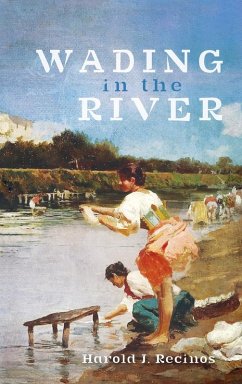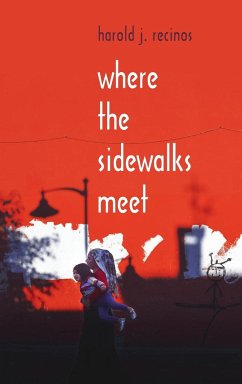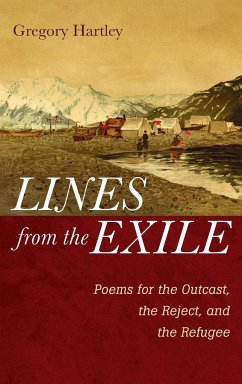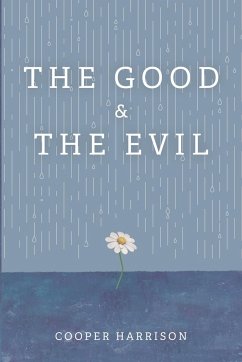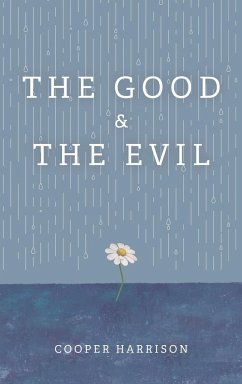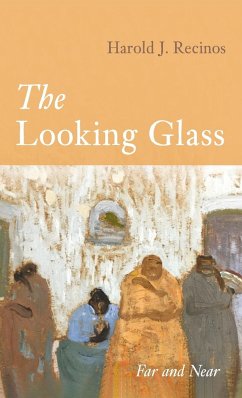Wading in the River offers a poetic voice about the wonders of the world in the context of daily struggles with marginality and discloses the agency of cultural actors in them. The collection's poems tell a story of longing and loss, injustice and resilience, terror and beauty, anguish and hope for society. Wading in the River offers readers the subject matter that enjoins personal experience to public life and puts a human face on abstractions like justice, poverty, racism, anti-immigrant sentiment, police brutality, politics, and religion. In these poems, words seek to cut through the complexity of perception to expansively loosen a new way to find visionary clarity and to think passionately about dark spaces in social reality.

